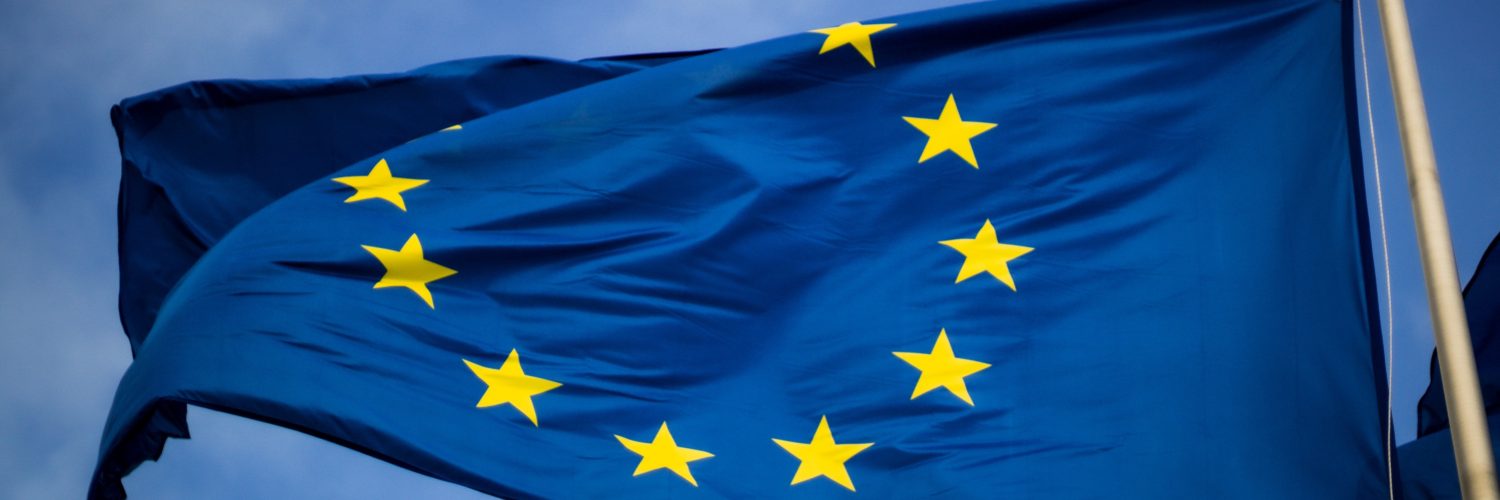- The Carbon Border Adjustment Mechanism (CBAM) is a regulation introduced by the EU to address carbon leakage and ensure the effectiveness of EU climate measures.
- Importers into the EU of certain carbon-intensive goods from non-EU countries will be required to pay a financial adjustment for the emissions released during production.
- The goods in scope include cement, electricity, fertilizers, iron and steel, aluminum, and chemicals.
- The transitional phase of CBAM begins on October 1, 2023, with quarterly reporting obligations.
- Importers must have the necessary data elements, such as product master data, transactional data, and supplier information, in place for quarterly reporting.
- The data requirements for CBAM include commodity details, emission details, and information on carbon prices paid in third countries.
- Businesses should prepare for registration in the CBAM registry, anticipate the cost of CBAM certificates, and consider overall ESG strategies and strategic sourcing.
- More requirements and phases of CBAM implementation are expected in the future.
Source: blogs.deloitte.ch
Note that this post was (partially) written with the help of AI. It is always useful to review the original source material, and where needed to obtain (local) advice from a specialist.















